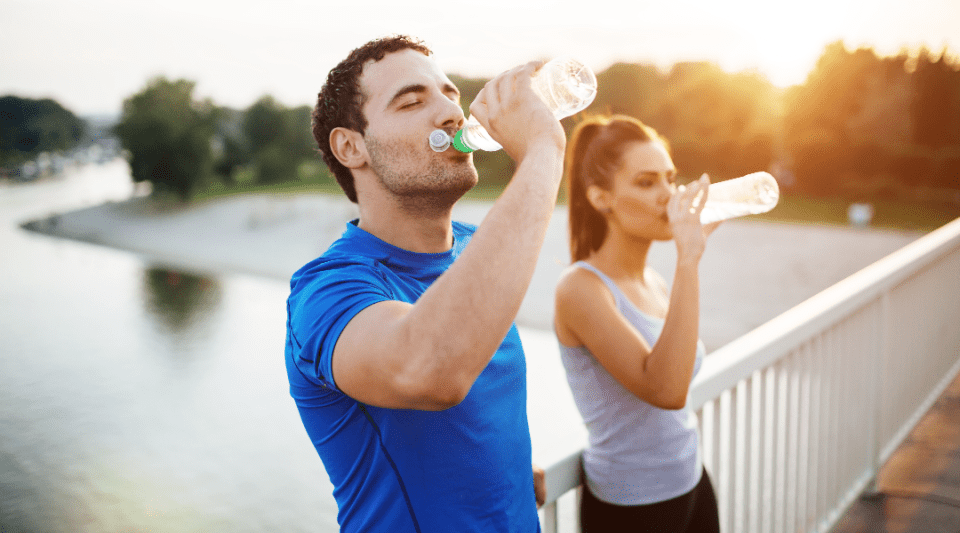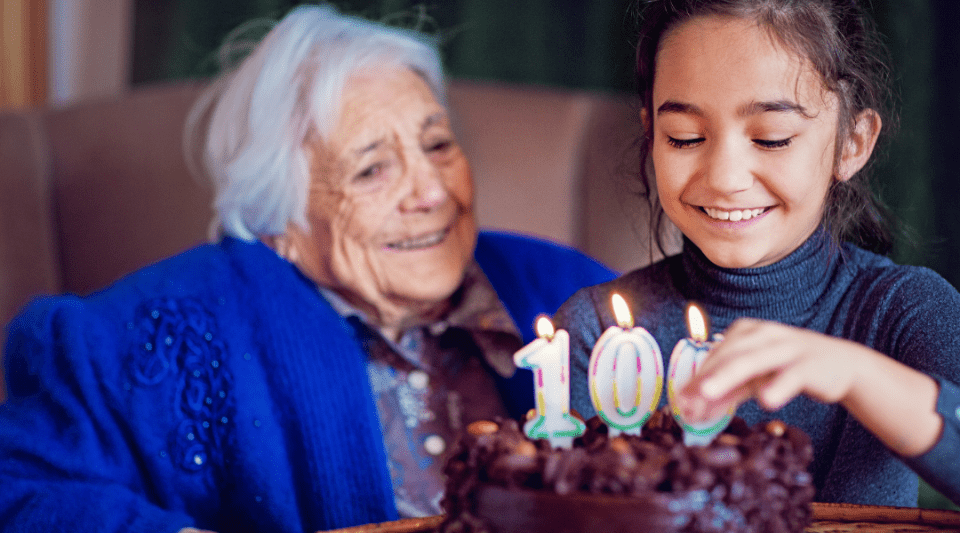Good hydration has benefits during physical exercise. As well as lowering your body temperature, it also lowers your heart rate and improves muscle performance. Depending on the environment, you can lose up to 2.5 L of sweat during an intensive period of exercise. In addition, you do not usually feel thirsty until you have lost over 1.5 L of water. For all these reasons, it is important to have good hydration habits:
- Drink fluids before, during and after exercise.
- Properly plan exercise sessions.
- Do not drink alcoholic beverages, diuretics or soft drinks.
- Learn how to identify possible dehydration and to act on it if it occurs.
1. Drink fluids before, during and after exercise.
You should make sure you are well hydrated, not only during exercise, but also before and after. Drinking a glass of water (about 200 mL) half an hour before starting exercise is advisable.
During exercise, you can drink the equivalent of a glass of water every 15-20 minutes, depending on the duration and intensity of the exercise and the environment (or weather). At the end, you should drink plenty of water. You should drink about 2 L of water over the next 3 hours.
2. Properly plan exercise sessions.
The environment is an important factor that directly affects the amount of sweat produced. Hot, humid and high-altitude environments are the most conducive to sweating. If you are going to exercise, especially if it is intense, you should do so when there is less heat and humidity.
Clothing is another factor to be taken into account to reduce dehydration. Good breathable clothing helps you perspire less. It should also be remembered that some people are more prone than others to sweating, such as larger people.
3. Do not drink alcoholic beverages, diuretics or soft drinks.
The amount of fluids taken on is important, but so also is the type of fluid. You should not drink alcoholic beverages before, during or after exercise, as it dehydrates you; as well as having an adverse effect on your health. Also, to avoid further dehydration, diuretic drinks, such as teas or infusions and soft drinks are not recommended immediately after exercise.
Water is the most advisable drink and, for very intense exercise, isotonic drinks.
4. Learn how to identify possible dehydration.
Even if you follow the above advice, dehydration can still occur in certain circumstances; such as during extreme exercise or in a hot environment. Feeling thirsty, a dry mouth, fatigue, dizziness, headache or muscle cramps are all possible symptoms to pay attention to. If these symptoms are experienced, stop exercising, seek out a cooler location and drink fluids immediately.
Good body hydration is very important while doing physical exercise, but must also be considered when not doing exercise. A simple way to assess your level of hydration is to note the colour of your urine. The clearer the urine, the greater the hydration; and the darker the urine, the greater the dehydration. Good hydration habits help the body to perform all its vital functions properly; you should drink about 2 L of water a day, depending on your weight and age.
Information documented by:
Dr Eva Ferrer, a specialist in the Sports Medicine Unit at the Hospital Clínic and at Sant Joan de Déu Hospital, as well as a specialist in women's health and sports at the Barça Innovation Hub.






